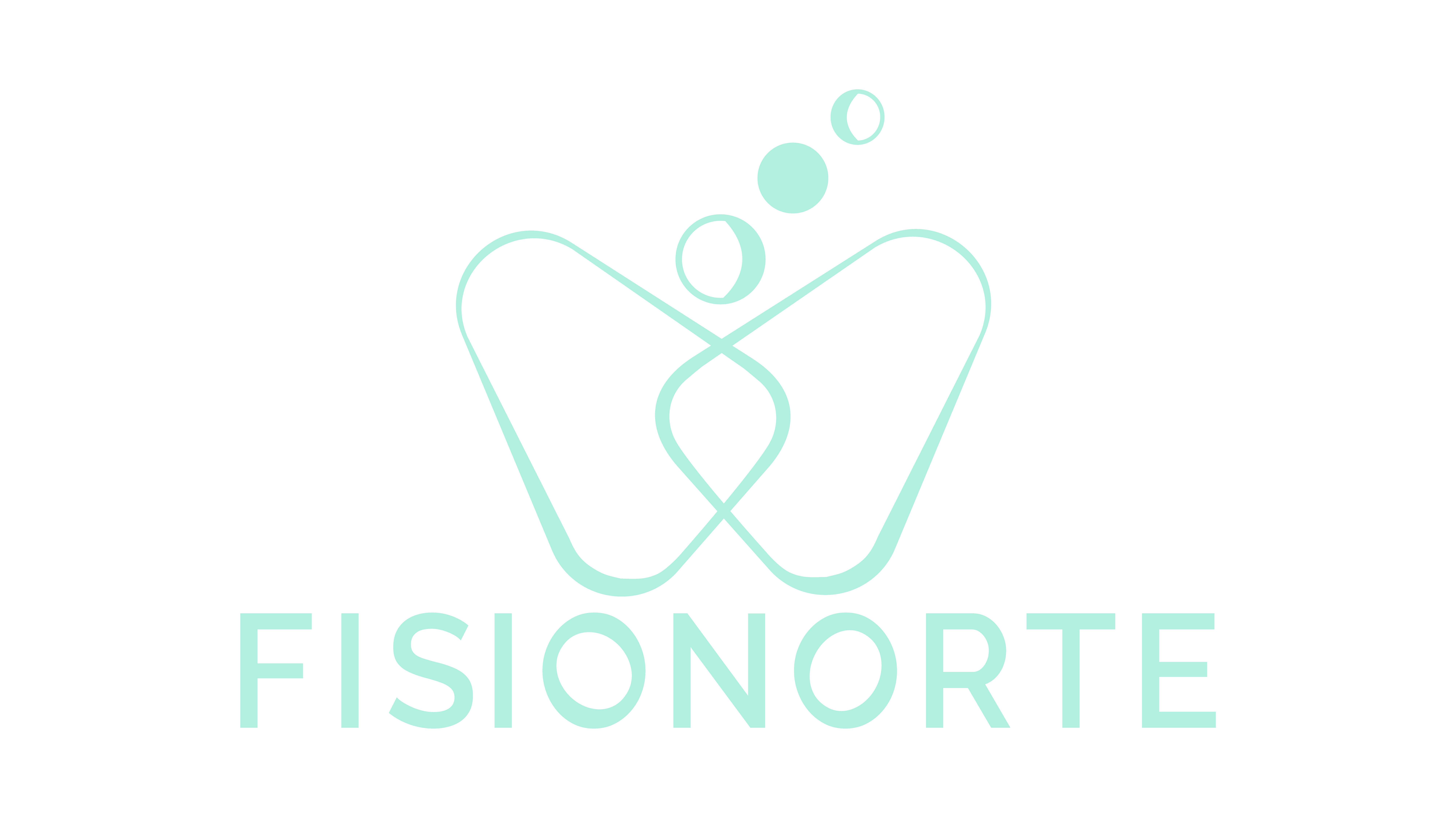The rise of Non-Fungible Tokens (NFTs) has taken the world by storm, with digital artworks, collectibles, and even virtual real estate selling for millions of dollars. While initially seen as a niche market for crypto enthusiasts and artists, institutional investors have started to take notice of the potential of NFTs as a new asset class. In this article, we will explore Anex System the growing trend of institutional investments in NFTs, the challenges and opportunities that come with it, and the impact it may have on the broader financial landscape.
1. Overview of NFTs NFTs are unique digital assets that are indivisible and cannot be replicated. They are typically built on blockchain technology, which ensures the provenance and ownership of the token. NFTs can represent a wide range of digital content, including art, music, videos, and virtual goods. The ownership of an NFT is recorded on a blockchain, making it easy to verify and transfer.
2. Institutional Interest in NFTs While NFTs started gaining popularity among individual collectors and creators, institutional investors have started to see the potential of this new asset class. Major financial institutions, venture capital firms, and hedge funds have started investing in NFTs, seeing them as a way to diversify their portfolios and tap into a new market with high growth potential.
3. Challenges of Institutional Investments in NFTs However, there are several challenges that institutional investors must navigate when entering the NFT market. One of the main challenges is the lack of regulation and standardization in the NFT space, which can make it difficult to assess the value and authenticity of NFTs. Additionally, the volatility of the NFT market can make it risky for institutional investors, who typically look for more stable and predictable investments.
4. Opportunities in NFT Investments Despite the challenges, there are significant opportunities for institutional investors in the NFT space. NFTs offer a new way to invest in digital content and intellectual property, allowing investors to tap into new markets and revenue streams. NFTs also have the potential to revolutionize the art world, by enabling artists to directly monetize their work and bypass traditional gatekeepers.
5. Impact on the Financial Landscape The rise of institutional investments in NFTs has the potential to transform the financial landscape in profound ways. By bringing more capital and liquidity into the NFT market, institutional investors can help validate and legitimize the space, making it more attractive to a wider range of investors. This could lead to increased innovation and development in the NFT space, as well as new opportunities for collaboration between traditional and digital asset markets.
In conclusion, institutional investments in NFTs represent a new frontier in the world of finance, with the potential to reshape how we think about digital assets and ownership. While there are challenges to overcome, the opportunities presented by NFTs are too significant to ignore. By embracing this new asset class, institutional investors can position themselves at the forefront of a rapidly evolving market and potentially reap significant rewards in the years to come.
